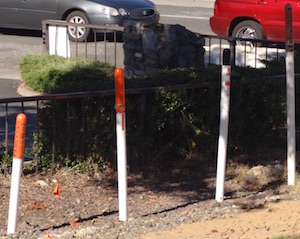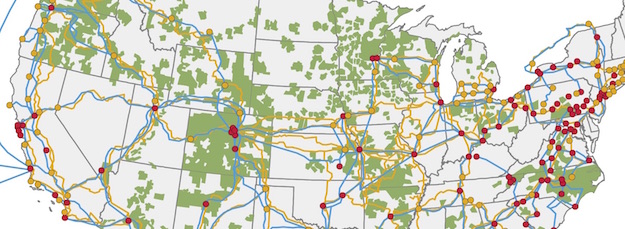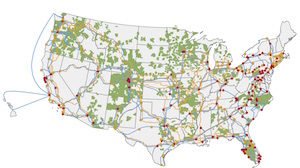PG&E seeks to use its California fiber to compete as a telco
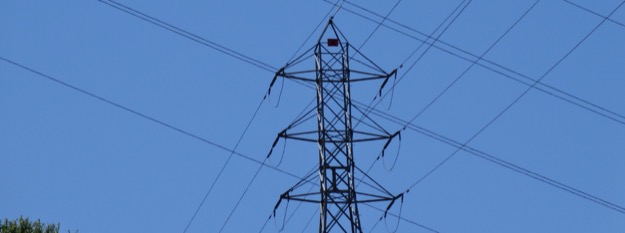
A vast, competitive fiber network will soon open up in northern California, if the California Public Utilities approves Pacific Gas and Electric Company’s request to operate as a telephone company. PG&E applied for a telco-style certificate of public convenience and necessity (CPCN) so it could sell services on the fiber network it’s built throughout California. Currently, it only allows other certified telephone companies to use its fiber, which was mostly built to support its own operations.… More

![By John Cummings (Own work) [CC BY-SA 4.0 (https://creativecommons.org/licenses/by-sa/4.0)], via Wikimedia Commons](https://www.tellusventure.com/images/2017/4/google_fiber_chairs.jpg)
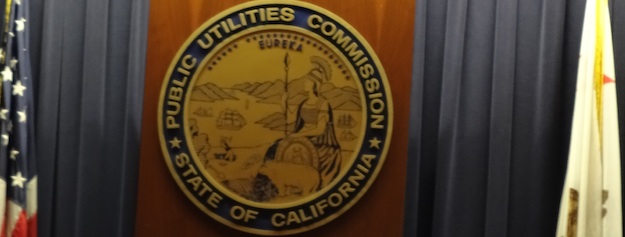
![By KTo288 (Own work) [CC BY-SA 3.0 (https://creativecommons.org/licenses/by-sa/3.0) or GFDL (https://www.gnu.org/copyleft/fdl.html)], via Wikimedia Commons](https://www.tellusventure.com/images/2017/2/crowd.jpg)
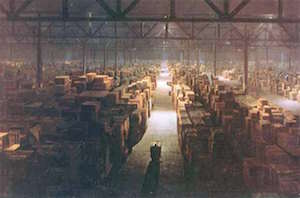
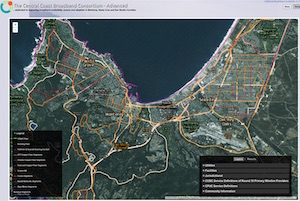
![By Marco Verch (Freiheitsstatue) [CC BY 2.0 (https://creativecommons.org/licenses/by/2.0)], via Wikimedia Commons](https://www.tellusventure.com/images/2016/11/statue_of_liberty.jpg)
